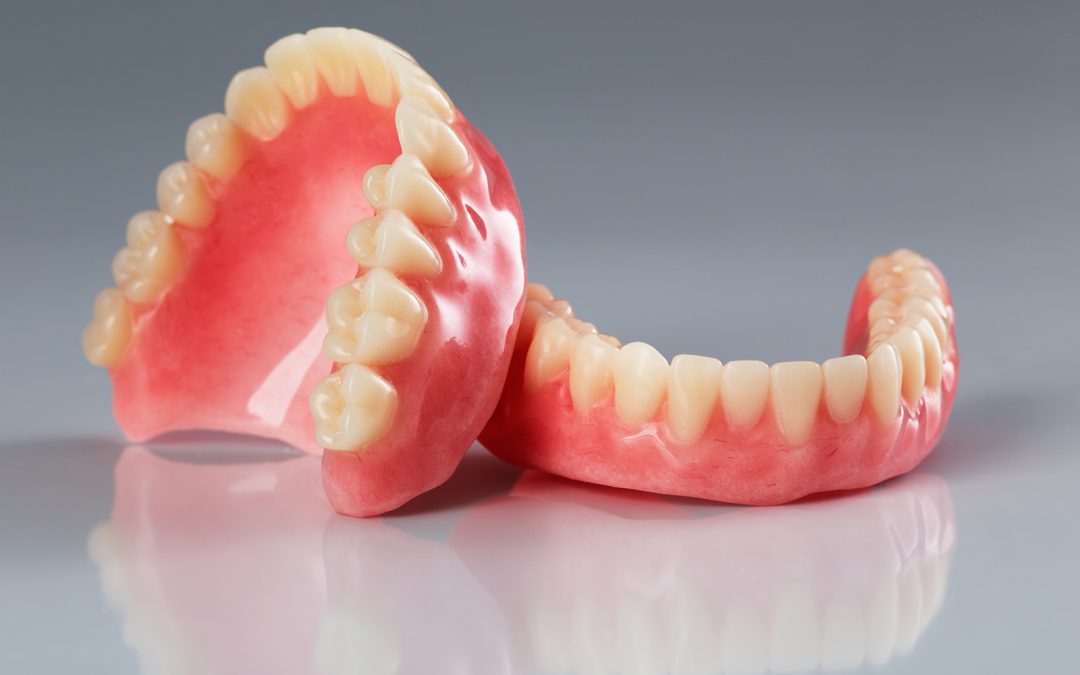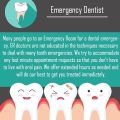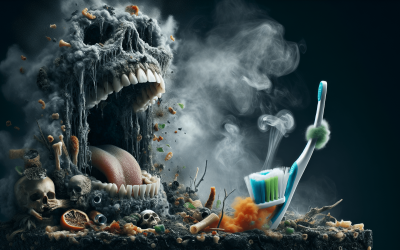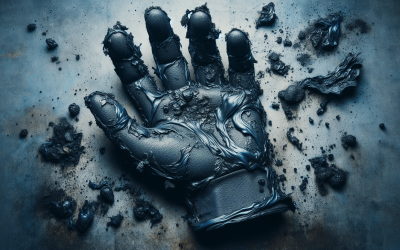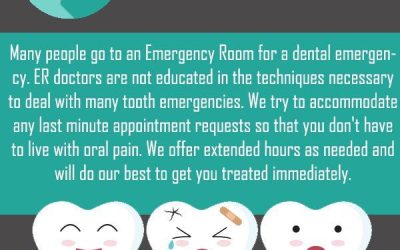So you’ve found yourself in the unfortunate situation of dealing with broken dentures or dental appliances. It can be quite a hassle to suddenly have an issue with something that is crucial to your oral health and daily functioning. Whether it’s a cracked denture, a loose dental crown, or a broken retainer, it’s important to know what steps to take next. In this article, we’ll explore the common causes of broken dentures or dental appliances, discuss the potential solutions, and provide tips on how to prevent any future mishaps. It’s time to get your smile back on track!
Causes of Broken Dentures or Dental Appliances
Accidental Dropping
One of the most common causes of broken dentures or dental appliances is accidental dropping. Whether it’s a slip of the hand or a moment of carelessness, dropping your dentures can lead to cracks, fractures, or even complete breakage. Dentures are delicate and can easily be damaged upon impact with a hard surface. It’s important to handle them with care to avoid any potential mishaps.
Chewing Hard or Crunchy Foods
Another cause of broken dentures or dental appliances is chewing on hard or crunchy foods. Dentures are not as strong as natural teeth, so biting into something like a hard candy or an uncooked carrot can cause them to crack or chip. It’s essential to be mindful of the foods you eat and to avoid biting into anything that may put excessive pressure on your dentures.
Wear and Tear over Time
Over time, dentures can experience wear and tear. Continuous use, daily cleaning, and exposure to saliva can weaken the materials used to make dentures. This can lead to cracks, chips, or even breakage. Additionally, the constant movement of dentures against the gums and underlying bone can cause them to become loose and unstable, increasing the risk of damage.
Inadequate Cleaning and Maintenance
Inadequate cleaning and maintenance of dentures can also contribute to their deterioration and eventual breakage. Failure to clean dentures properly can lead to the buildup of plaque, bacteria, and food particles, which can weaken the structure of the dentures over time. Additionally, using harsh or abrasive cleaning agents can damage the materials in dentures, making them more prone to breakage.
Types of Broken Dentures or Dental Appliances
Cracked or Fractured Dentures
Cracks or fractures in dentures are a common type of damage. They can occur due to accidental dropping, biting into hard foods, or wear and tear over time. Cracked or fractured dentures can be uncomfortable to wear and can affect their overall function.
Chipped or Broken Teeth
Dentures consist of individual teeth attached to a base or framework. If one or more teeth become chipped or broken, it can affect the appearance and functionality of the dentures. Chipped or broken teeth can occur from chewing on hard substances or from accidental impact.
Loose or Dislodged Dentures
Loose or dislodged dentures are another type of damage that can occur. This can happen due to wear and tear over time, inadequate cleaning and maintenance, or changes in the shape of the underlying gums and bone. Loose or dislodged dentures not only affect the ability to chew and speak but can also cause discomfort and soreness.
Damaged Denture Base or Framework
The base or framework of dentures can also become damaged. This can happen from accidental dropping, excessive force during cleaning, or wear and tear over time. A damaged denture base or framework can result in a misaligned denture, causing discomfort and difficulty with proper fit and function.
Symptoms of Broken Dentures or Dental Appliances
Pain and Discomfort
One of the most noticeable symptoms of broken dentures or dental appliances is pain and discomfort. When dentures are damaged, they may no longer fit properly, causing sore spots or irritation on the gums. Pain can also occur if there are sharp edges or rough surfaces on the broken denture.
Visible Damage or Misalignment
If you suspect your dentures or dental appliances are broken, visible damage or misalignment can be an indicator. Cracks, fractures, chips, or broken teeth may be visible upon close inspection. Additionally, you may notice that your dentures no longer fit properly or feel loose when wearing them.
Difficulty Chewing or Speaking
Broken dentures can significantly impact your ability to chew food properly or speak clearly. If you are experiencing difficulty chewing or find that your speech is affected, it could be a sign that your dentures are broken or damaged. It is important to address these issues to ensure your oral health and overall well-being.
Gum Irritation or Inflammation
When dentures are broken or damaged, they may rub against the gums, leading to gum irritation or inflammation. This can cause discomfort, tenderness, and redness in the oral tissues. If you notice any signs of gum irritation or inflammation, it’s essential to have your dentures examined and repaired as soon as possible.
Immediate Actions for Broken Dentures or Dental Appliances
Avoid DIY Repairs
When faced with broken dentures or dental appliances, it may be tempting to attempt a DIY repair. However, it is crucial to avoid this at all costs. DIY repairs can further damage the dentures and may even render them irreparable. It’s best to leave the repair work to the professionals who have the necessary expertise and tools.
Collect All Broken Pieces
If your dentures or dental appliances break, gather all the broken pieces and fragments. This will help your dentist assess the extent of the damage and determine the most appropriate repair method. Be careful when handling the broken pieces to avoid any potential injury.
Clean and Rinse the Broken Denture
Before contacting your dentist for a repair appointment, it is advisable to clean and rinse the broken denture. Gently remove any debris or dirt from the broken areas using lukewarm water. Avoid using any cleaning agents or adhesives as these may interfere with the repair process.
Contact Your Dentist
Once you have collected the broken pieces and cleaned the denture, it’s time to contact your dentist. Explain the situation and schedule an appointment specifically for denture repair. Depending on the severity of the damage, your dentist will guide you with the next steps and determine the most appropriate repair option.
Repair Options for Broken Dentures or Dental Appliances
Denture Repair Kits
Denture repair kits are available for small, temporary fixes, such as minor cracks or chips. These kits typically include adhesive or bonding materials that can be used to hold the broken pieces together. However, it is important to note that these repairs are temporary and should not replace professional repairs.
Professional Denture Repair
For more significant damage or complex repairs, it is best to consult with a professional denture repair specialist. Professional denture repair involves expert craftsmanship and the use of specialized tools and materials. Your dentist or a denture repair lab will have the expertise to assess the damage and restore your dentures to their original condition.
Replacing Broken Teeth
If only a few teeth are broken or chipped, it may be possible to replace only those affected teeth. Your dentist can assess the damage and determine if replacing individual teeth is a viable option. This can save you the cost and inconvenience of replacing the entire denture.
Relining or Replacing Denture Base
In some cases, the denture base or framework may be damaged or worn out. In such instances, your dentist may recommend relining the denture base or completely replacing it. Relining involves adding additional material to the base to improve the fit and comfort. If the base is severely damaged, a complete replacement may be necessary.
Preventing Broken Dentures or Dental Appliances
Handle with Care
To prevent accidental damage, it is crucial to handle your dentures with care. Always hold them over a soft surface, such as a towel or a basin of water, to minimize the impact if dropped. Avoid gripping dentures too tightly and be mindful of any sudden movements that may cause them to slip from your hands.
Avoid Chewing Hard Foods
To minimize the risk of broken dentures, avoid chewing on hard or crunchy foods. Opt for softer food options and cut them into smaller, manageable pieces. This will help prevent excessive force on your dentures when chewing, reducing the likelihood of damage.
Maintain Proper Oral Hygiene
Maintaining proper oral hygiene is essential for the longevity of your dentures. Clean your dentures daily using a denture brush and mild denture cleaner. Avoid using harsh or abrasive cleaning agents that can damage the denture materials. Additionally, make sure to clean your mouth thoroughly to prevent plaque buildup, which can weaken dentures over time.
Regular Dental Check-ups
Regular dental check-ups are an important aspect of preventing broken dentures or dental appliances. Your dentist will examine your dentures during these visits and identify any signs of wear or damage. By addressing any issues early on, you can avoid more extensive damage and prolong the lifespan of your dentures.
Caring for Broken Dentures or Dental Appliances
Store Dentures Safely
When not in use, store your dentures in a safe and protective case. Avoid placing them in locations where they can be easily knocked over or damaged. Always keep them away from children or pets who may mistake them for toys or chew on them.
Clean Dentures Properly
Proper cleaning is essential for the care of broken dentures or dental appliances. Follow your dentist’s recommendations for cleaning, ensuring you clean all areas thoroughly, including the broken parts. Use a denture brush and mild cleaner to remove any debris or bacteria that may have accumulated.
Use Recommended Adhesives
If your dentures require the use of adhesive to improve stability or hold broken pieces together temporarily, make sure to use only the adhesive recommended by your dentist. Using other adhesives may not provide adequate bonding or may interfere with the repair process.
Schedule Regular Denture Maintenance
Regular denture maintenance is crucial for ensuring their longevity and functionality. Make sure to schedule regular appointments with your dentist for professional cleaning and examination of your dentures. During these visits, your dentist can identify any potential issues and address them promptly to prevent further damage.
Costs of Repairing Broken Dentures or Dental Appliances
DIY Repair Costs
The cost of DIY denture repair kits can vary depending on the brand and specific materials included. These kits generally range from $10 to $50. However, it’s important to note that DIY repairs are temporary solutions and may not provide long-lasting results.
Professional Repair Costs
Professional denture repairs can cost anywhere from $100 to $300, depending on the extent of the damage and the type of repair needed. The cost may also vary depending on your location and the specific dental provider you choose. It is essential to consult with your dentist to get an accurate estimate of the repair costs.
Insurance Coverage
Some dental insurance plans may cover a portion of the cost of denture repairs. Check with your insurance provider to understand your coverage and any associated limitations. It’s important to note that insurance coverage may not be available for DIY repair kits.
Affordable Alternatives
If the cost of professional denture repairs is a concern, it’s worth exploring affordable alternatives. Some dental clinics or organizations may offer discounted or low-cost denture repair services. Additionally, you can consider researching denture repair labs that offer competitive pricing without compromising on quality.
When to Replace Broken Dentures or Dental Appliances
Extensive Damage or Wear
If your dentures have suffered extensive damage or wear over time, replacing them may be the most viable option. Dentures that are repeatedly repaired can become weakened and may not function optimally. Your dentist will be able to assess the overall condition of your dentures and advise you on whether replacement is necessary.
Poor Denture Fit or Function
If your dentures no longer fit properly or are causing discomfort, it may be time for replacement. Ill-fitting dentures can lead to oral health issues, such as gum irritation or inflammation. Additionally, if your dentures no longer function as intended, it can affect your ability to chew and speak effectively.
Low Quality or Outdated Appliances
Low-quality dentures or outdated appliances may be prone to frequent damage and may not provide the necessary support and functionality. If you have been experiencing recurring issues with your dentures, it may be worth considering an upgrade to a higher-quality or more modern denture system.
Change in Jaw Structure or Oral Health
Changes in jaw structure or oral health can also warrant the replacement of broken dentures or dental appliances. Over time, the shape of your jawbone may change, affecting the fit and stability of your dentures. Additionally, oral health conditions such as gum disease or bone loss may require adjustments to your dentures or the need for new ones.
Conclusion
Broken dentures or dental appliances can be a major inconvenience and affect your overall oral health. Causes of damage range from accidental dropping and chewing hard foods to wear and tear over time and inadequate cleaning. Immediate actions for broken dentures include avoiding DIY repairs, cleaning and collecting broken pieces, and contacting your dentist. Repair options include professional repair, denture repair kits, replacing broken teeth, and relining or replacing the denture base. Preventing broken dentures involves handling with care, avoiding hard foods, maintaining proper oral hygiene, and regular dental check-ups. Caring for broken dentures includes safe storage, proper cleaning, using recommended adhesives, and scheduling regular denture maintenance. Costs of repairing broken dentures can vary, and insurance coverage may be available. It is important to replace broken dentures or dental appliances when they have extensive damage, poor fit or function, are low quality or outdated, or when there are changes in jaw structure or oral health. By following preventive measures and promptly addressing any damage, you can ensure the longevity and functionality of your dentures or dental appliances.

